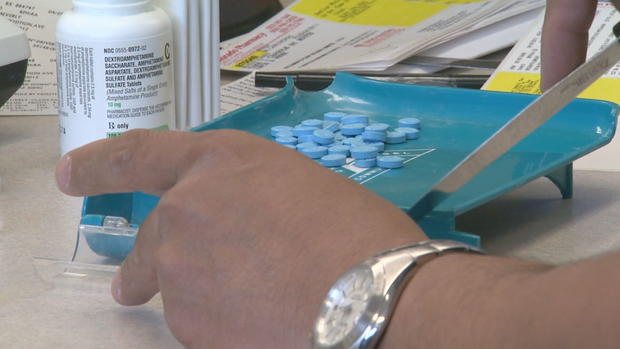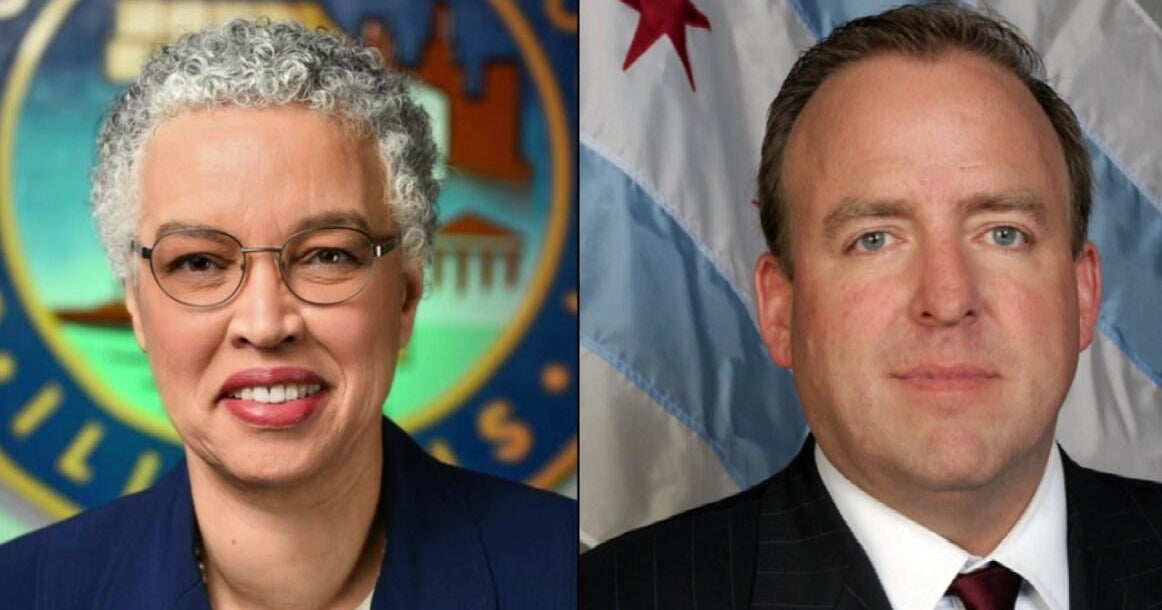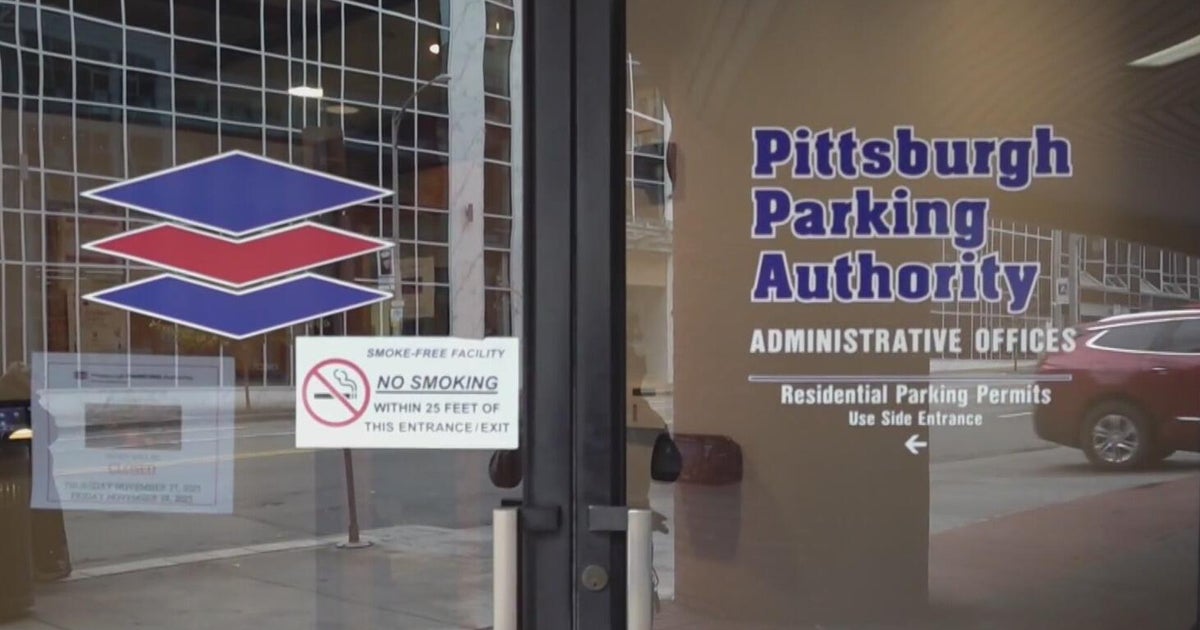Audit Finds Colorado Program To Flag Opioid Abuse Is Failing, Dozens of Doctors Running 'Pill Mills'
DENVER (CBS4) - A scathing new audit uncovered critical failings in a state program set up to prevent prescription drug abuse. Colorado's Prescription Drug Monitoring Program is supposed to stop "doctor shopping" and pill mills, but the audit found it's failing on every measure.
It comes as nearly 1,500 people died from opioid overdoses last year in Colorado, a 38% increase in one year.
"We've been working so hard to stop this opioid epidemic and here's a tool that we counted on as in place," said Rep. Dafna Michaelson Jenet, the Chair of the Legislative Audit Committee.
The Drug Monitoring Program was created by the legislature 13 years ago and requires that pharmacies keep a current database of all prescriptions for controlled substances and that doctors check the database before writing a prescription to make sure the patient hasn't filled prescriptions from other providers.
In many cases, neither of those things are happening. The audit found nearly 9,000 Coloradans received prescriptions from at least 10 prescribers, 85 doctors wrote more than 3,000 prescriptions, nearly 20% of prescribers aren't even registered to use the database.
Also, the database isn't current because most pharmacies aren't entering prescriptions until days later.
"You think about the repercussions, how many people died from overdoses because of negligence," said Sen. Brittany Pettersen, who has led the fight against opioid abuse at the Capitol. She wonders how no one caught the problems earlier.
Sen. Jim Smallwood says there needs to be an enforcement mechanism. Right now, the database is used only to warn physicians who may be over-prescribing and alert them to patients who may be abusing opioids.
"The oversight boards, so the pharmacy board, the medical board would be the ones that have authority, and I'd love to see them step up their game including suspending licenses, revoking licenses," said Smallwood.
The audit's recommendations include revoking the medical licenses of providers who don't check the database and overprescribe as well as referring some patients and doctors to law enforcement and penalizing pharmacies that don't keep the database current.
Pettersen worries if the punishment isn't measured, it may make the problem worse.
"We have to walk this line very carefully because we don't want doctors to be so scared of prescribing opioids they're cutting people off who are already physically addicted and are turning to heroin instead."
Michaelson Jenet says she plans to bring comprehensive legislation to make sure the program works as intended.
"At the end of the day this is something major that we missed, and this is something that truly can have the most significant impact on opioid overuse."








